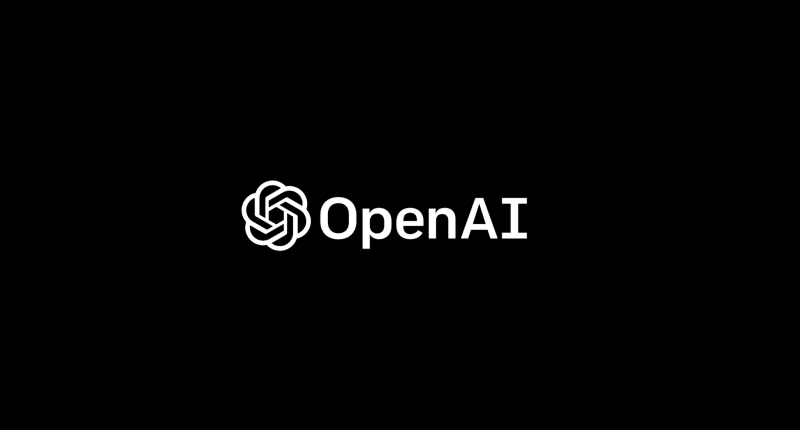SoftBank, the global investment powerhouse led by Masayoshi Son, is now set to acquire up to $1.5 billion worth of shares from OpenAI employees, according to media reports. From what we know so far, this purchase will be conducted through a tender offer, which enables employees and stakeholders to sell their equity holdings under specific conditions.
Both OpenAI and SoftBank have declined to comment on the development, while reports revealed that this offer is not related to OpenAI’s transition to a “for-profit organization.”
To be precise, the tender offer allows eligible employees of OpenAI, both current and former, to sell their restricted stock units. To qualify, employees must have held their shares for at least two years, and the offering price is $210 per share (which matches OpenAI’s valuation during its last fundraising round in October. The window for employees to participate in this tender offer extends for nearly a month (until December 24) so they have a finite opportunity to liquidate a portion of their holdings.
This development comes at a time when SoftBank is doubling down on investments in AI (though it has been rather late to the race, falling behind the likes of Apple, Microsoft, Google, and other Big Tech enterprises). Masayoshi Son sees AI as a cornerstone for the future, and the firm had earlier pumped in $500 million in OpenAI. At that time, the AI firm secured $6.6 billion in the funding round, reaching a valuation of $157 billion. At that time, Son announced that he is saving “tens of billions of dollars” to make the “next big move” in AI. SoftBank has recently made some strides in the matter – its Vision Fund 2 made investments AI startups Glean, Perplexity and Poolside.
This development, if it is accurate, will be beneficial for OpenAI. The company rolled out ChatGPT a few years ago, kickstarting the AI race, and made the chatbot all but a household name. Despite the chatbot having over 250 million weekly active users, OpenAI continues to face financial challenges, and the company projects a $5 billion loss for the year (contrasted against an expected revenue of $3.7 billion). Last month, the firm secured a $4 billion revolving credit line alongside other funding, providing the company with over $10 billion in liquidity.
The Tech Portal is published by Blue Box Media Private Limited. Our investors have no influence over our reporting. Read our full Ownership and Funding Disclosure →






